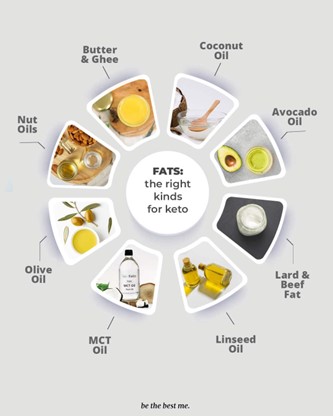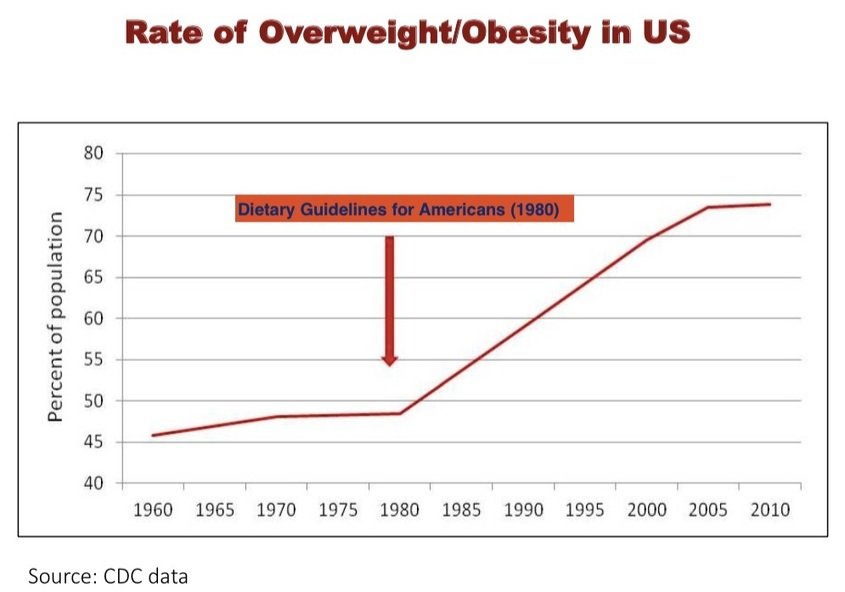If you are starting a keto diet, it is important for you to identify the best sources of fats which will help your body maintain ketosis. Monounsaturated and polyunsaturated fats are considered as healthier fats, saturated fats are still keto friendly if they are consumed in moderation.
Let’s begin with the best foods rich in monounsaturated fats for your keto journey. Use avocado and avocado oil to add great taste and texture to your cold dishes such as salads, salsa, and guacamole. Extra virgin olive oil is the healthiest salad dressing and is eligible for light frying, but it’s safer to use refined olive oil for deep frying to avoid the risk of oxidation.
Among polyunsaturated fats, include foods rich in omega-3 fatty acid such as fatty fish and seafood, for example Mackerel, Herring, Salmon, Anchovies and Oysters. MCT oil is a keto friendly saturated fat. MCTs (Medium Chain Triglycerides) oil go straight to your liver to be converted into ketones, and hence supply energy faster. You can add MCT oil to your coffee, shakes and salads. Read the full article of Go-Keto here, to discover more examples. Go-keto is an online boutique which offers a variety of keto friendly foods and supplements that shall accompany you throughout our keto program.




